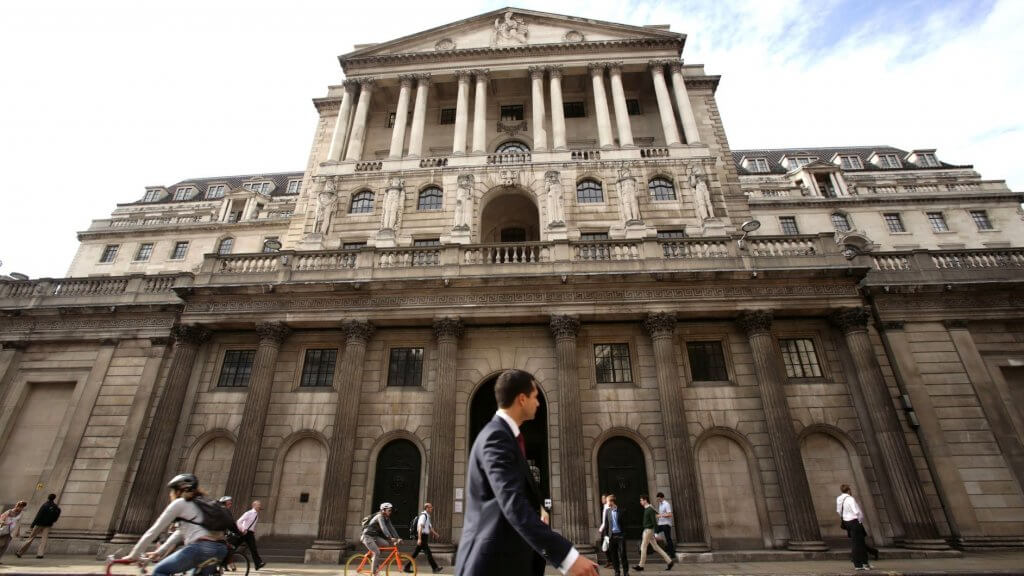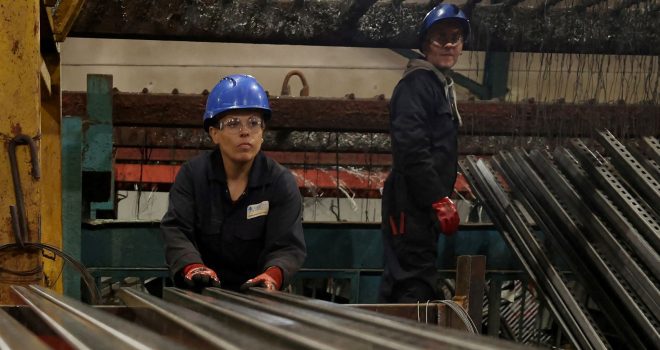Bank Warns Of ‘Very Sharp’ Coronavirus Hit As Interest Rates Held At Record Low

The Bank of England has warned over a “very sharp” hit to the economy from coronavirus and the potential for long-term damage, but said it stands ready to take further action to combat the fallout.
Members of the Bank’s nine-strong Monetary Policy Committee (MPC) voted unanimously at their scheduled meeting to keep rates at 0.1% after recent emergency action took borrowing costs down to the new all-time record low.
They also voted to keep the quantitative easing (QE) at £645 billion after last week unleashing another £200 billion.
In minutes of the MPC meeting, the Bank said the economic impact of the Covid-19 pandemic was “becoming more apparent” and that the risks of businesses going bust and laying off staff could leave the UK nursing long-lasting scars.

But it said it had further firepower available to help limit the impact and could expand its mammoth QE programme further if needed, although it has previously signalled rates are unlikely to go below zero.
The Bank said: “The economic consequences of these developments are becoming more apparent and a very sharp reduction in activity is likely.
“Given the severity of that disruption, there is a risk of longer-term damage to the economy, especially if there are business failures on a large scale or significant increases in unemployment.”
It added: “The MPC… stands ready to respond further as necessary to guard against an unwarranted tightening in financial conditions, and support the economy.”
The Bank said the wider global economy was also set to also suffer a steep fall in activity over the first half of 2020, though it stressed it was difficult to forecast with accuracy at this stage.
Its latest decision comes after the Bank has slashes rates twice in the previous two weeks, taking the base rate from 0.75% to just about zero.
At its meeting ending on 25 March 2020, the MPC voted unanimously to maintain #BankRate at 0.1%. https://t.co/w7Stn3J1VZ
— Bank of England (@bankofengland) March 26, 2020
Other measures – some co-ordinated with the Treasury – have also seen it increase the lending firepower of UK banks and offer financial support for struggling small businesses.
It comes amid mounting signs that Britain’s economy is set for a severe but short recession, with recent surveys from industry pointing to record falls in activity as businesses have been forced to close amid the UK lockdown to slow the spread of the virus.
The Bank reiterated that it expects the economic impact to be temporary as activity is set to bounce back once social distancing measures are lifted.
But it cautioned over the risk of “business failures on a large scale” and said it was hoping to help limit the damage through economic policy, combined with government action.
It said evidence from its agents around the country suggested while there were some redundancies being made as a result of coronavirus disruption, the Government’s recent support on wages was helping prevent job losses.
In some welcome cheer for Britons amid the gloom, the Bank forecast further steep falls in the cost of living, with inflation – which fell to 1.7% in February – expected to plunge below 1% in the spring due to tumbling oil prices making it cheaper at the fuel pumps.
Samuel Tombs, an economist at Pantheon Macroeconomics, said while there was nothing new in the latest MPC decision, it showed the Bank was “not out of ammo”.
“QE will be escalated, should financial conditions deteriorate again, and the MPC likely won’t wait until its next meeting on May 7, if swifter action is required,” he added.




